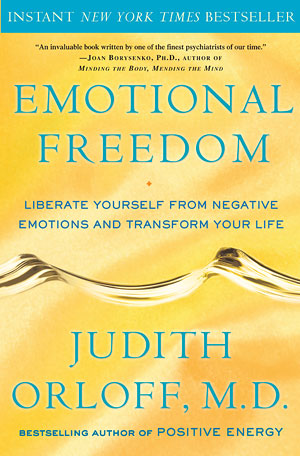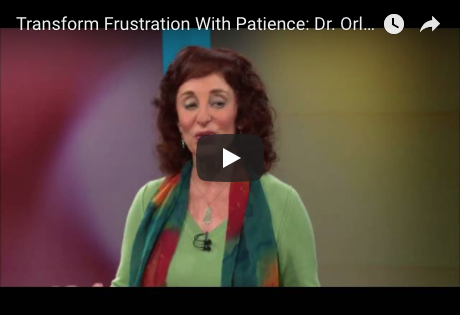Are you an empath? To learn coping skills, get my PDF “Life Strategies for Sensitive People” here.
 As a psychiatrist, I realize that comparing is a natural tendency we all have. It can be absolutely neutral, as when you merely evaluate similarities and differences. Such comparison is essential for astute reasoning. It’s also productive if you’re inspired to emulate another’s impressive traits. However, it becomes dysfunctional when it stirs envy and jealousy, if you judge yourself as better as or less than others. Think about it: without comparisons jealousy and envy couldn’t exist. Interestingly, it’s more common to feel inferior to those with “more” than to feel grateful compared to those with “less.”
As a psychiatrist, I realize that comparing is a natural tendency we all have. It can be absolutely neutral, as when you merely evaluate similarities and differences. Such comparison is essential for astute reasoning. It’s also productive if you’re inspired to emulate another’s impressive traits. However, it becomes dysfunctional when it stirs envy and jealousy, if you judge yourself as better as or less than others. Think about it: without comparisons jealousy and envy couldn’t exist. Interestingly, it’s more common to feel inferior to those with “more” than to feel grateful compared to those with “less.”
We’re a society of comparison junkies. It starts from day one. Babies are compared to each other. Who’s smarter, cuter, more precocious? Then comes grammar school. I remember a hideous game some of my king-of-the-hill classmates would play. They’d pick a target, usually the shy, insecure student. Then, in a taunting tone they’d sing in unison, “There’s a fungus among us. Her name is (fill in the blank) fungus” until the poor kid, totally humiliated, slunk away. So, at school, there were basically the funguses and the non-funguses. Not so different from the breakdown of our comparisons in later life, interpersonally and politically. Shiites and Sunnis. White Supremacists versus Jews and Blacks. Protestants and Catholics in Belfast. Comparing yourself to others can preclude a bond of common fellowship and is a disservice to finding true worth. Either you’ll end up with the short end of the stick, or, if you deign to put yourself above anyone, you’re nowhere. (No one is above anyone else.) Self-esteem must come from simply being you.
In my book “Emotional Freedom,” I emphasize that comparing ourselves to others can come from low self-esteem and lack of belief in the integrity of our own unique life path. In a spiritual sense, comparing your path to another’s is comparing apples and oranges. Why? Your life is explicitly designed for your own growth. Every person you meet, every situation you encounter challenges you to become a stronger, more loving, and confident person. Try to appreciate the grace of both the hurdles and the joys you’ve been given. This is life’s legacy to you. Self-esteem comes from embracing this, working with what each day brings. How you spend your time here is up to you. Why squander it by comparing? Realistically, you’ll probably still do it. We all will. Even so, let’s strive to keep our eyes on ourselves to build self-esteem so we can become more emotionally free.
The following exercise will help you to turn jealousy and envy around. The more you practice it, the easier it will get.
Stop Comparing, Build Self-Esteem
Enlisting these methods helps you take your eyes off of other people and back to yourself. The point is to appreciate what you have rather than focus on what you’re lacking. A big part of emotional freedom is developing self-compassion rather than beating yourself up. Praise yourself. Gain self-esteem from your efforts to deal with jealousy or envy positively. Showing humility and avoiding comparisons let you build self-esteem. It fosters a loving versus defensive posture in relationships.
Adapted from Dr. Judith Orloff’s NY Times bestseller “Emotional Freedom: Liberate Yourself From Negative Emotions and Transform Your Life” (Three Rivers Press, 2011)




